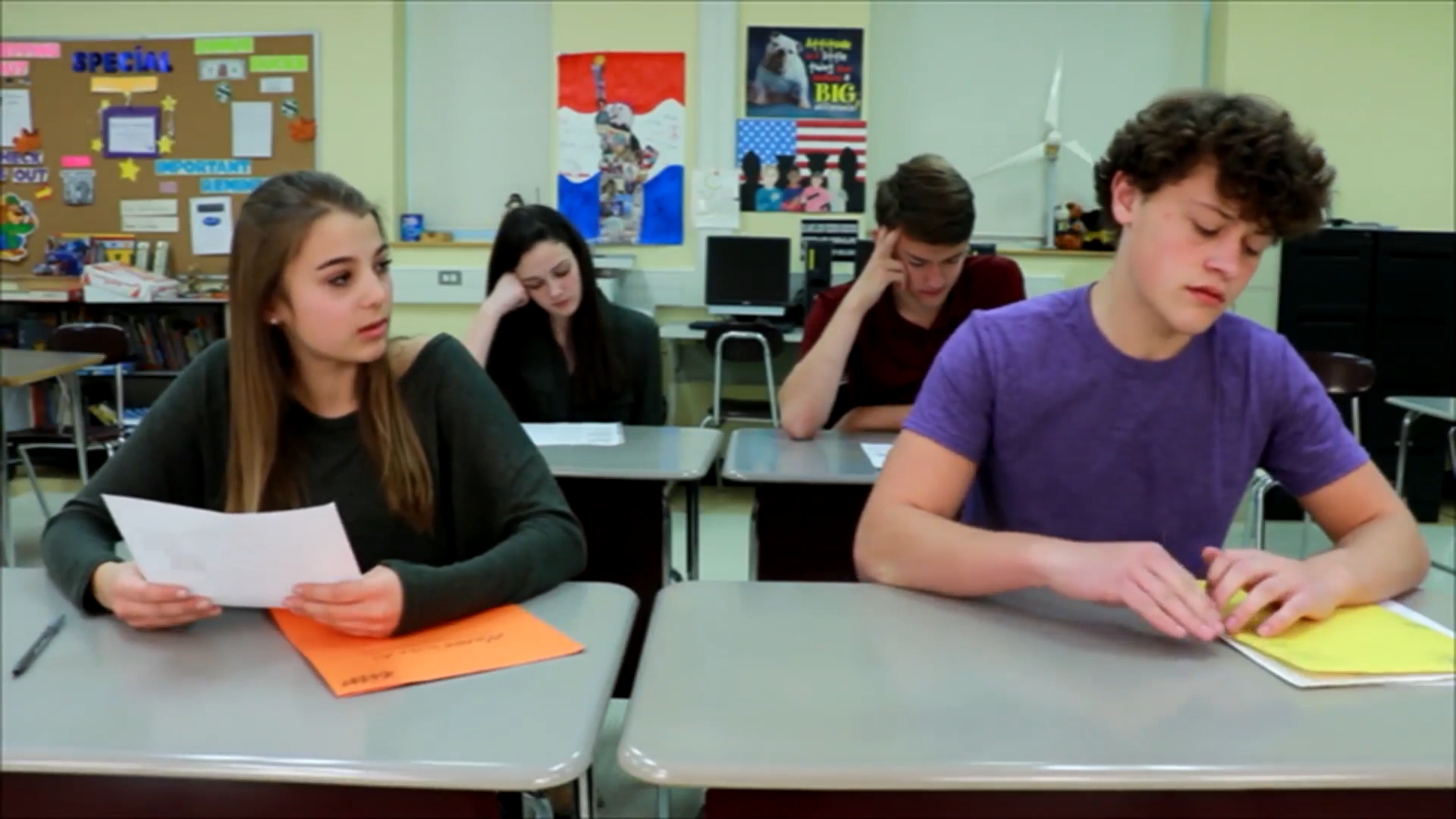
Introduction
Embarrassment is a common emotion experienced by individuals of all ages, including young children. As educators, it is essential to teach our PreK students how to cope with embarrassment, as well as develop social-emotional skills that will help them navigate through various situations in life. In this blog post, we will discuss an easy, no-prep activity to address this important topic, followed by discussion questions and related skills to further enhance our students’ understanding and abilities.
No-Prep Activity: The Embarrassment Freeze Game
This simple, no-prep activity is designed to help PreK students understand the feeling of embarrassment and learn how to respond appropriately. It requires no materials or preparation from the educator, making it convenient and easy to implement in the classroom.
- Ask the students to stand in a circle.
- Explain that when the educator says “freeze,” everyone should freeze in place and pretend to feel embarrassed. They can do this by making a sad or uncomfortable facial expression.
- After a few seconds, the educator will say “unfreeze,” and the students should return to their normal expressions and actions.
- Repeat the game several times, encouraging students to practice staying calm and composed when they feel embarrassed.
- After the game, discuss the importance of managing embarrassment and staying calm in difficult situations.
Discussion Questions
Use these questions to stimulate further discussion about embarrassment and social-emotional skills among your PreK students:
- How does it feel when you’re embarrassed? What are some situations where you might feel embarrassed?
- Why is it important to stay calm when we feel embarrassed? How can staying calm help us?
- What are some positive thoughts we can think when we feel embarrassed to help us feel better?
- How can we support our friends when they feel embarrassed or upset?
- Can you think of a time when you felt embarrassed but managed to stay calm and handle the situation well? What did you do?
Related Skills
Teaching PreK students how to cope with embarrassment is just one aspect of social-emotional learning. Here are some other related skills that can further enhance their abilities in this area:
- Empathy: Understanding and sharing the feelings of others.
- Self-awareness: Recognizing one’s own emotions and understanding how they impact behavior.
- Self-regulation: Managing emotions and behaviors in response to various situations.
- Communication: Expressing thoughts and feelings effectively and respectfully.
- Problem-solving: Finding solutions to difficult situations and conflicts.
Next Steps
Helping PreK students develop their social-emotional skills, including coping with embarrassment, will set them up for success in their personal and academic lives. To further support your students’ growth in this area, we encourage you to sign up for free samples of skill-based activities and resources at Everyday Speech. These materials will provide you with additional tools and strategies to help your students thrive in their social-emotional development.

